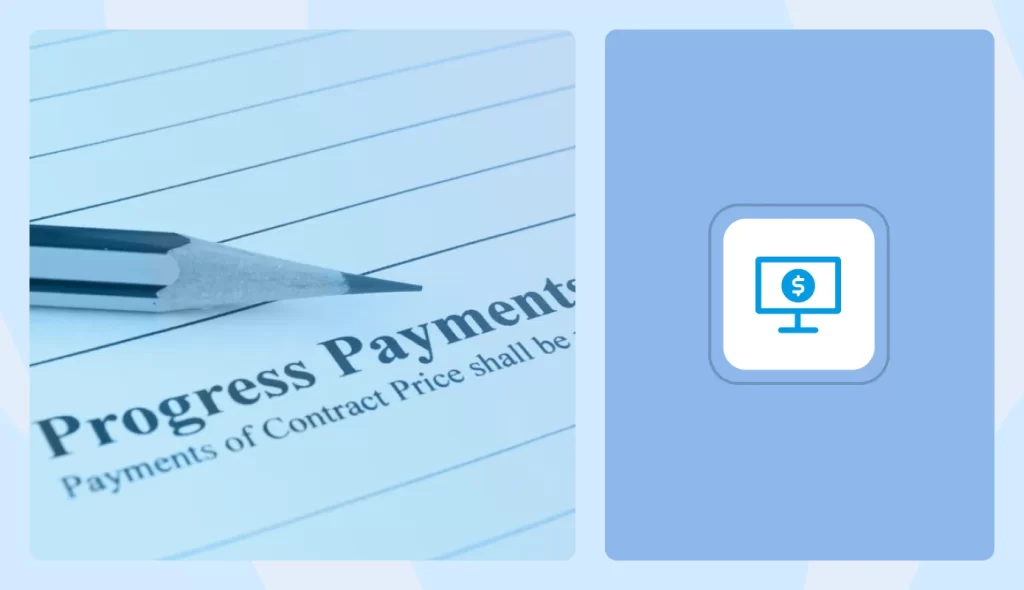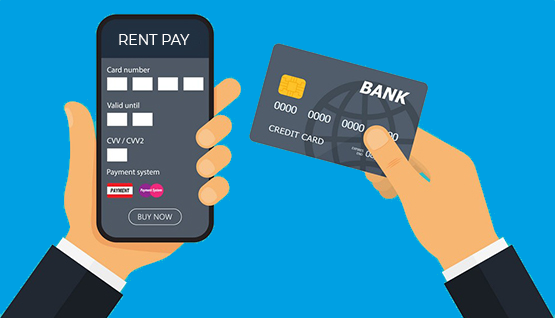Your rent is probably the largest monthly expense you pay—yet for most renters, it does nothing to improve their credit score. This is a missed opportunity. While homeowners build equity and credit through mortgage payments, renters often pay thousands each year with little to show for it on their credit report.
But times are changing. Thanks to technology-driven financial platforms, renters now have the ability to report their rent payments to credit bureaus and use that history to build a strong financial foundation. If you’re renting and want to take control of your credit journey, understanding the importance of reporting rent is the first step.
The Problem: Rent Payments Usually Don’t Count Toward Credit
Traditionally, rent payments are not reported to the three major credit bureaus (Equifax, Experian, and TransUnion) unless the landlord or a third-party platform takes the initiative. This means even if you’ve been making rent payments on time for years, your credit report may still reflect no history of these responsible actions.
Unlike mortgages, which are automatically reported and have a significant impact on your credit history, rent payments require manual reporting to contribute to your credit score. Without that, your credit file may remain thin or stagnant—especially if you don’t use other types of credit often.
Why Your Credit Score Matters
Your credit score is a numerical reflection of your financial trustworthiness. It’s used by lenders, landlords, insurers, and even some employers to assess your reliability. A high credit score can help you:
-
Qualify for lower interest rates on loans and credit cards
-
Get approved for rentals or mortgages more easily
-
Secure better insurance rates
-
Negotiate better terms on utilities or services
-
Build confidence in your long-term financial planning
When your rent payments go unreported, you’re essentially leaving out one of your most consistent and significant monthly responsibilities from your financial record. This creates an incomplete picture of your financial behavior.
The Solution: Report Your Rent
Today, there are platforms that allow tenants to report their rent payments to major credit bureaus. Some work directly with landlords, while others enable tenants to self-report their payments through secure processes.
Here’s how it typically works:
-
Sign up for a rent-reporting platform that partners with credit bureaus.
-
Link your rent payments or provide proof of monthly transactions.
-
The platform verifies your payments and reports them to one or more bureaus.
-
Your credit report begins reflecting your rent history over time, helping improve your credit profile.
This proactive step allows you to convert a necessary monthly expense into a meaningful credit-building tool.
The Benefits of Reporting Rent Payments
Let’s break down the major advantages of reporting rent:
1. Build Credit Without Debt
Rent reporting is one of the few ways to build credit without borrowing money. Unlike credit cards or loans, you’re not incurring debt or paying interest—you’re simply getting recognized for a payment you already make.
This makes rent reporting especially valuable for:
-
Young adults with limited credit history
-
Individuals rebuilding their credit after financial setbacks
-
People who avoid using traditional credit products
2. Improve Payment History
Payment history is the most important factor in your credit score, making up around 35% of the total calculation. Rent reporting can add months—or even years—of on-time payment history to your file, which can significantly boost your score over time.
3. Strengthen Thin Credit Files
If you have a “thin” credit file (meaning you have very little data reported), rent reporting can help diversify and strengthen your report. It adds another line of active, consistent credit behavior, making you more appealing to lenders and other institutions.
4. Get a Better Start for Major Financial Moves
Whether you’re planning to apply for a car loan, a credit card, or a mortgage, having rent payments on your credit report can make a difference. Lenders are more likely to approve applications—and offer better terms—when they see a history of responsible payments.
What to Look for in a Rent Reporting Platform
Not all rent reporting services are created equal. When choosing one, consider the following:
-
Which bureaus do they report to? Ideally, you want a platform that reports to all three.
-
Is the service landlord-based or tenant-based? Some require landlord participation, while others empower tenants directly.
-
Are there fees involved? Some platforms charge a small monthly fee, while others offer free or landlord-sponsored options.
-
Do they back-report past payments? Some services allow you to report up to 24 months of past rent payments, which can give your credit score an immediate lift.
Final Thoughts
Rent is often your most consistent and reliable financial activity. Ignoring its potential to boost your credit score is like leaving money—or credit—on the table. In today’s financial landscape, it’s essential to make every payment count.
Reporting rent payments is a simple yet powerful way to take control of your credit journey. It’s an opportunity to gain recognition for your financial responsibility, increase your score, and build toward a more secure financial future—all without taking on additional debt.
If you’re serious about improving your credit, start by making sure your rent payments are working for you, not just your landlord. Taking this step is one of the smartest financial decisions a renter can make.






